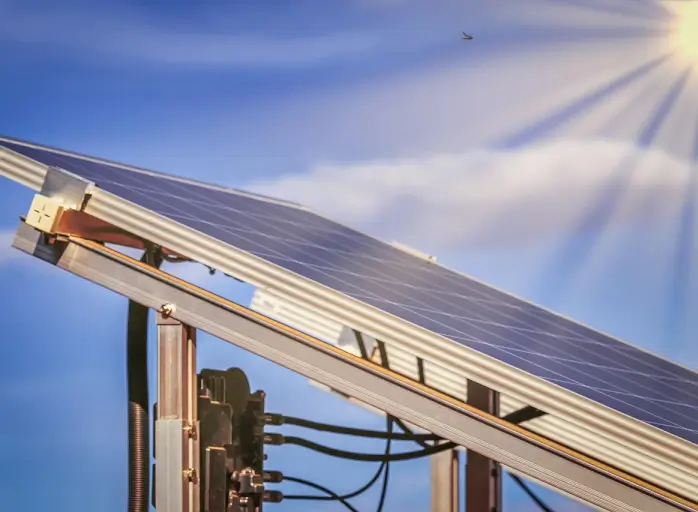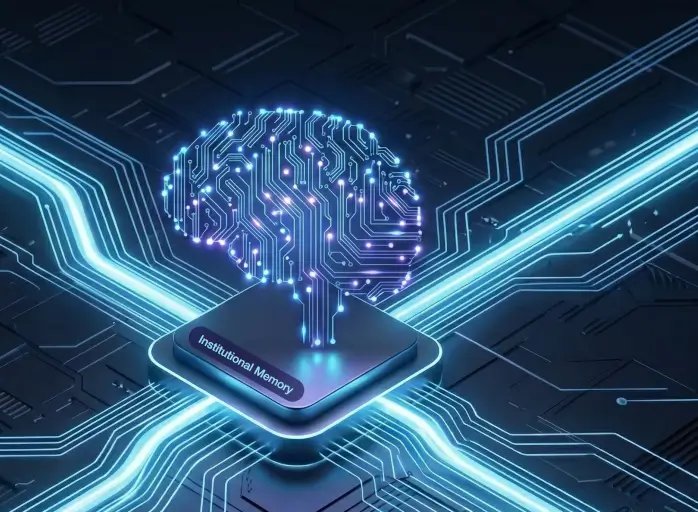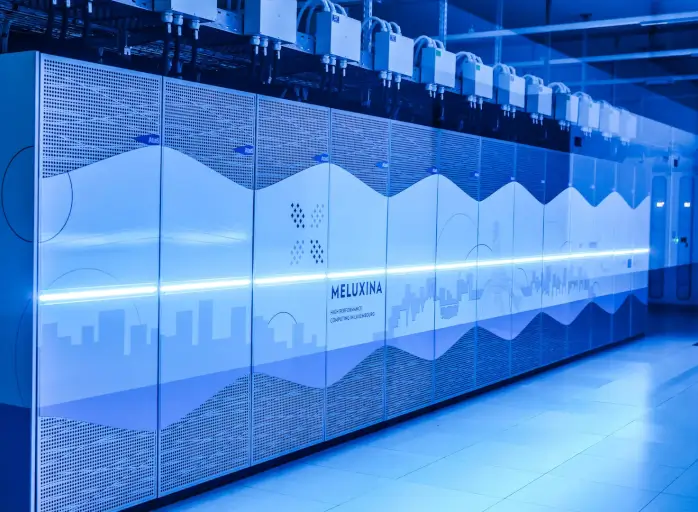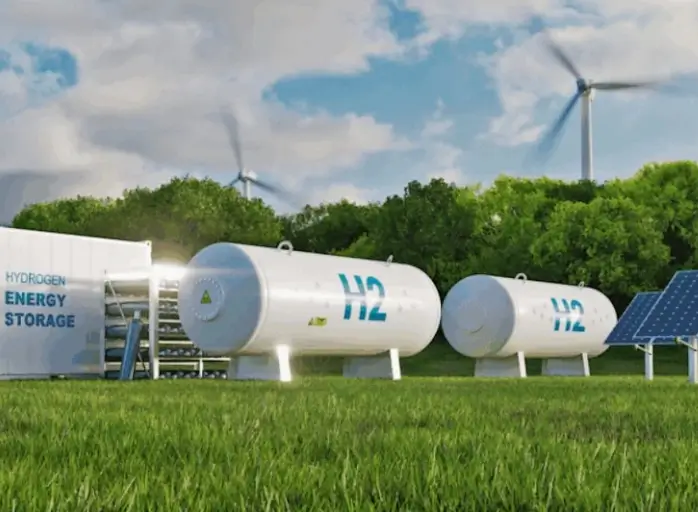

Entering the metaverse market
Often considered as the next iteration of the internet, the metaverse is expected to play a key role in the digital transformation of the economy. But is it just hype, or a trend with real substance? We spoke to Arnaud Lambert, Director Digital Transformation, and Sara Bouchon, Director Market Intelligence at Luxinnovation, to find out more.
 Lena Mårtensson
Lena Mårtensson
“Imagine a virtual world where billions of people live, work, shop, learn and interact with each other – all from the comfort of their couches in the physical world.” This is how Techtarget.com introduces the metaverse, a concept that it defines as “a single, shared, immersive, persistent, 3D virtual space where humans experience life in ways they could not in the physical world”.
Early-stage concept
“Today, we are using technologies such as virtual or mixed reality, or digital twins, which all imply interactions with digital copies of physical objects. However, the metaverse goes much further: it is a new world, offering total immersion and a real feeling of presence in a virtual environment that has strong links to reality,” says Arnaud Lambert.
The metaverse goes much further: it is a new world, offering total immersion and a real feeling of presence.
The expected growth is enormous: GlobalData reported a metaverse market size of $22.8 billion in 2021, but predicts that it will reach a staggering $996,4 billion in 2030. “The potential seems limitless, and the metaverse is expected to have a huge influence on society,” says Mr Lambert and compares it to the early stages of the internet which, although much limited in the beginning, has revolutionised our private lives and business practices. “At the same time, the metaverse is still at a very early development stage. Expectations still have to be confronted with reality, and the technological challenges are huge.”
Luxembourg and the metaverse
As a disruptive technology and catalyst for innovation, the metaverse is obviously on the radar of the Ministry of the Economy and Luxinnovation. In July 2022, Luxinnovation’s Market Intelligence department conducted a study to better understand which companies have positioned themselves in the metaverse market in Luxembourg.
“There are currently three main metaverse projects in Luxembourg: the Duchy, the Luxembourg Megaverse and a planned project by US metaverse leader Infinite Reality,” explains Sara Bouchon. “This is a starting point, but we wanted a more complete understanding of all the players that position themselves in this market. In addition to analysing various databases, we spoke to several key players to get their input. Their feedback was highly valuable, and I thank them all for their contribution.”
We wanted a more complete understanding of all the players that position themselves in this market.
The analysis made it possible for the Market Intelligence team to categorise Luxembourg’s metaverse players in five categories, depending on their level of involvement. “We called the first category the ‘metaverse enthusiasts’,” says Dr Bouchon. “They are the front runners, who are involved in the current projects and who have business models based on technologies that are essential for the metaverse, such as virtual and augmented reality.”
The ”metaverse observers” express their interest in the market, but are waiting to see how it evolves before getting fully involved. The “metaverse enablers” are not directly involved in the metaverse value chain but can help build the ecosystem and facilitate access to the market. “This includes research centres and consultancy firms, for example,” Dr Bouchon explains. The “early bird adopters” are companies that are involved in at least one of the local projects. The final category, “metaverse investors”, are investment funds located in Luxembourg who have already invested in one or more metaverse companies, although none of them are currently located in Luxembourg.
“The number of Luxembourg players listed in our metaverse study is still modest, but it is important to take into account how young the market still is,” says Dr Bouchon. She also points out that the analysis was done 6 months ago. “In case there are additional players that think they should be included, we invite them to contact us at knowledgehub@luxinnovation.lu.”
A future of opportunities and challenges
Currently, the metaverse is mainly used for gaming and social media, but there is huge potential in other fields of application. “I think it will give birth to new business models in virtually all industries,” says Mr Lambert and mentions, as an example, the recently revealed FIAT Metaverse Store where customers will be able to discover, configure and even purchase the New 500 with the help from a real person ready to answer any questions. “Another interesting trend is that the hardware component of the market – consoles, headsets, glasses, processors and so on – is expected to have a bigger turnover than the associated software.”
I think the metaverse will give birth to new business models in virtually all industries.
Nevertheless, the challenges are huge. “The user experience is still not great: charging is slow, things get stuck and interactions often leave much to be desired, while user expectations are very high,” Mr Lambert points out. “One metaverse is still not connected to another, and much development will be needed before users can move freely between different environments. Building a good quality corporate metaverse is also incredibly expensive.”
He also emphasises the need for sustainability. “The extensive needs for computing, graphic and network power mean that the metaverse consumes enormous amounts of energy, which is obviously a major issue that needs to be handled. Another one is the need for rules, security standards and compliance. Today, the metaverse is like the Wild West where everyone does what they want, but the security risks are very real. Operators cannot only collect data on user behaviour, like they do on the internet, but also biometrical data related to how users move, speak and so on. The legal framework will evolve, but this takes time.”
Infinite potential
So, is the metaverse just hype or the next big thing to come? Only time will show, but both Dr Bouchon and Mr Lambert believe in its potential for Luxembourg. “Luxembourg is geographically small, but the potential in the metaverse is infinite,” Dr Bouchon says. “With our top-range data infrastructure and expertise, we should definitely continue to evaluate how we can play a role in this development.”







